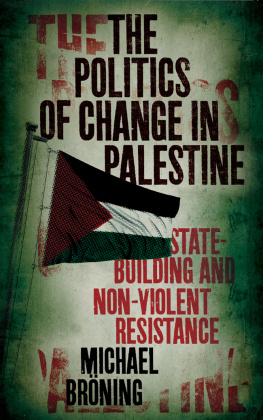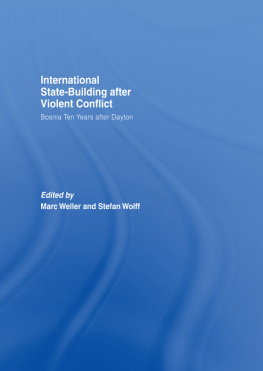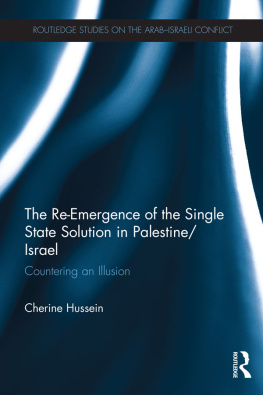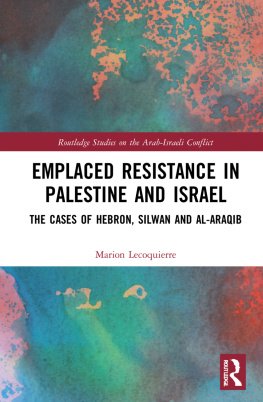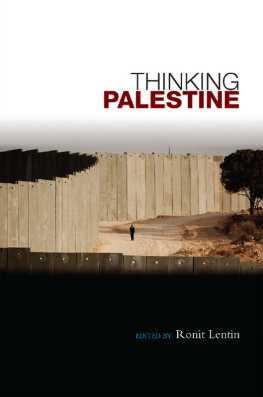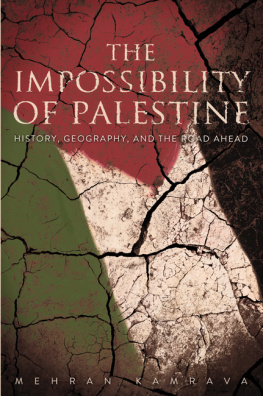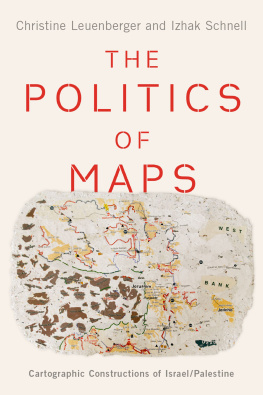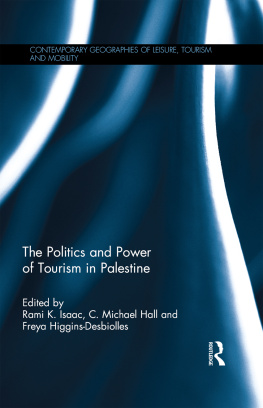First published 2011 by Pluto Press
345 Archway Road, London N6 5AA and
175 Fifth Avenue, New York, NY 10010
www.plutobooks.com
Distributed in the United States of America exclusively by
Palgrave Macmillan, a division of St. Martins Press LLC,
175 Fifth Avenue, New York, NY 10010
Copyright Michael Brning 2011
The right of Michael Brning to be identified as the author of this work has been asserted by him in accordance with the Copyright, Designs and Patents Act 1988.
British Library Cataloguing in Publication Data
A catalogue record for this book is available from the British Library
ISBN 978 0 7453 3094 5 Hardback
ISBN 978 0 7453 3093 8 Paperback
ISBN 978 1 8496 4582 9 PDF eBook
ISBN 978 1 7837 1431 5 Kindle eBook
ISBN 978 1 7837 1430 8 EPUB eBook
Library of Congress Cataloging in Publication Data applied for
This book is printed on paper suitable for recycling and made from fully managed and sustained forest sources. Logging, pulping and manufacturing processes are expected to conform to the environmental standards of the country of origin.
10 9 8 7 6 5 4 3 2 1
Designed and produced for Pluto Press by
Chase Publishing Services Ltd, 33 Livonia Road, Sidmouth, EX10 9JB, England
Typeset from disk by Stanford DTP Services, Northampton, England
Simultaneously printed digitally by CPI Antony Rowe, Chippenham, UK and Edwards Bros in the USA
Acknowledgements
I would like to thank several colleagues and friends who have assisted in writing this book by sharing their insights or providing feedback on the manuscript. These include Judith Althaus, Dr Usama Anthar, Dr Mustafa Barghouthi, Dr Abdallah Frangi, Dr Mahdi Abdel Hadi, Dr Ralf Hexel, Marc Jacquand, Dr Ghassan Khatib, Henrik Meyer, Dr Omar Shaaban and numerous other decision-makers from the international community, the PNA and Palestinian civil society. Their contributions have either provided support for analysis or raised challenging points of criticism. Needless to say, I remain solely responsible for the proposed argument and analysis, including any inconsistencies or discrepancies.
I would also like to express my gratitude to Jolie Chai who has supported this book from the outset through months of discussions on style and substance. Without her continuous support as a critical reader, sceptical mind and encouraging confidante, this book would not have seen the light of day.
Prologue

Although the majority of the research for this book was conducted in the spring and summer of 2010, the findings are based on years of work in the Palestinian Territory, Israel and the Middle East through the authors association with the Friedrich-Ebert-Stiftung, a political foundation affiliated to the Social Democratic Party of Germany. This political affiliation has granted the author access to some otherwise restricted fields, whether to certain PNA leaders or, for instance, as an observer at the Sixth General Conference of Fatah. Differing from most decision-makers who more often than not limit their interactions to official counterparts in the West Bank, the nature of the authors responsibilities in the region has allowed for a more comprehensive approach. Research for this book includes months of in-depth interviews with rank-and-file activists, independent observers, political decision-makers and civil society leaders in both parts of the Palestinian territory the West Bank and Gaza. While this approach would seem unexceptional in any other context, in the case of Palestine this broad approach is noteworthy. The Gaza Strip, and thus approximately one third of the Palestinian populace, has effectively remained inaccessible to the vast majority of Western decision-makers since June 2007.

